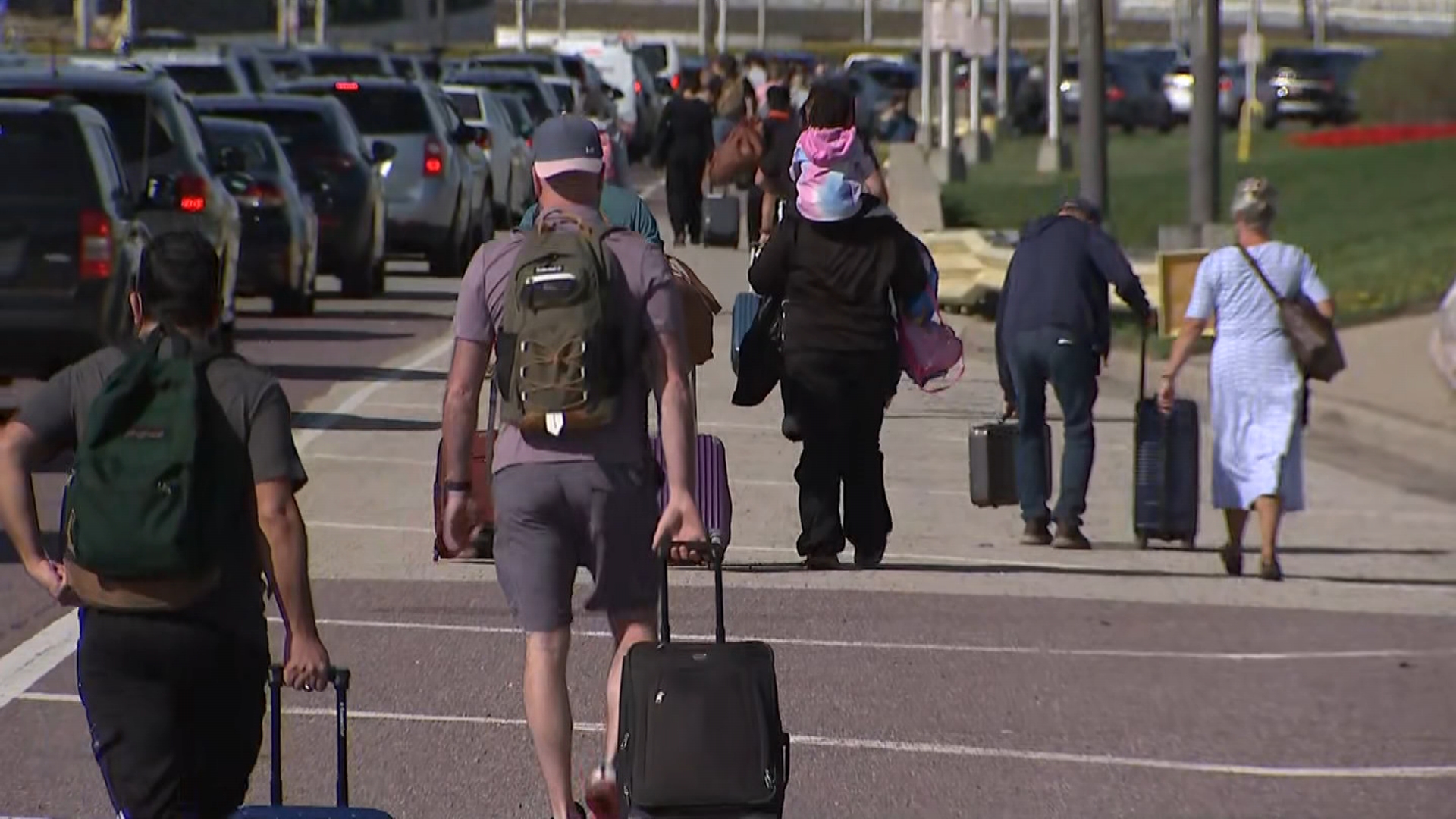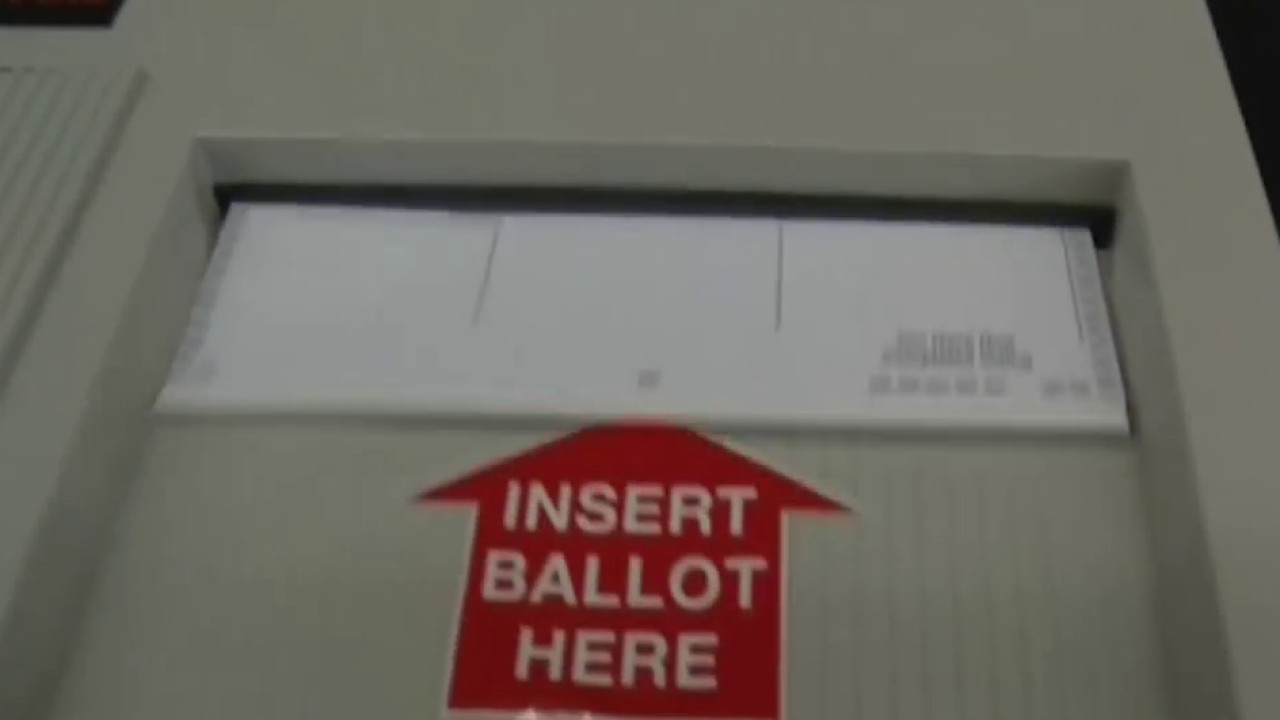Uber and Lyft rides in Chicago may soon be more expensive.
Mayor Lori Lightfoot on Friday announced a proposal to increase taxes on single rides with ride-share companies, as well as rides that begin or end in Chicago's downtown area.
The use of ride-hailing services in Chicago grew by 271 percent from 2015 to 2018, according to Lightfoot, with half of all trips in Chicago beginning or ending in the downtown area.
The new taxes would be imposed in part to ease traffic congestion and gridlock, as well as to incentivize use of more sustainable transportation options, Lightfoot said.
Under the proposal, Chicago's Ground Transportation Tax would increase on all single ride-sharing trips from $0.60 per trip to $1.13 per trip. The proposal would also designate a downtown zone stretching from North Avenue to Roosevelt Road in the south, and Lakeshore Drive to the Chicago River's North Branch in the north, along Grand Avenue, then out as far as Ashland Avenue to the west.
Trips beginning or ending within those borders, between the hours of 6 a.m. and 10 p.m., would be charged an additional $1.75 per single ride and $0.60 per trip for shared rides.
To encourage use of shared rides, the Ground Transportation Tax would decrease from $0.60 per shared trip to $0.53 per shared trip citywide.
Local
"Our city, like many others across the nation, has experienced skyrocketing congestion growth due in part to the rapid growth of ride-hailing companies, making it increasingly difficult for those who rely upon Chicago’s streets for commerce or transportation, and plaguing our downtown,” Lightfoot said in a statement.
"Using an evidence-based approach to combat our congestion challenges, Chicago is taking these first steps to improve mobility and further our goals of ensuring sustainable, affordable and reliable access to transportation options in every neighborhood," she continued.
No changes would be made to the city's current fee of $5 per ride for trips to or from O'Hare and Midway airports, Navy Pier and McCormick Place. The $0.10 per trip accessibility fee and the $0.02 per trip administrative fee would also remain the same, Lightfoot said.
The new fee structure was expected to generate $40 million in revenue, according to Lightfoot. Part of that revenue will be invested in public transportation, Lightfoot said, including seven "bus priority zones" her office also announced Friday.
Those bus routes - Halsted Street (#8), Western Avenue (#49), Pulaski Road (#53), 63rd Street (#63), Chicago Avenue (#66), Belmont Avenue (#77) and/or 79th Street (#79) - are likely to see improvements from a portion of $20 million in new funding, the city said.



